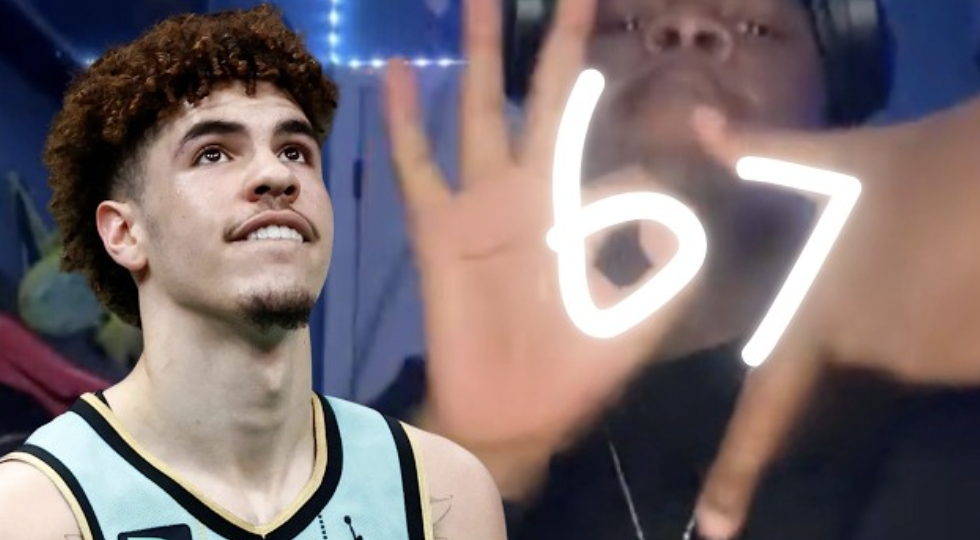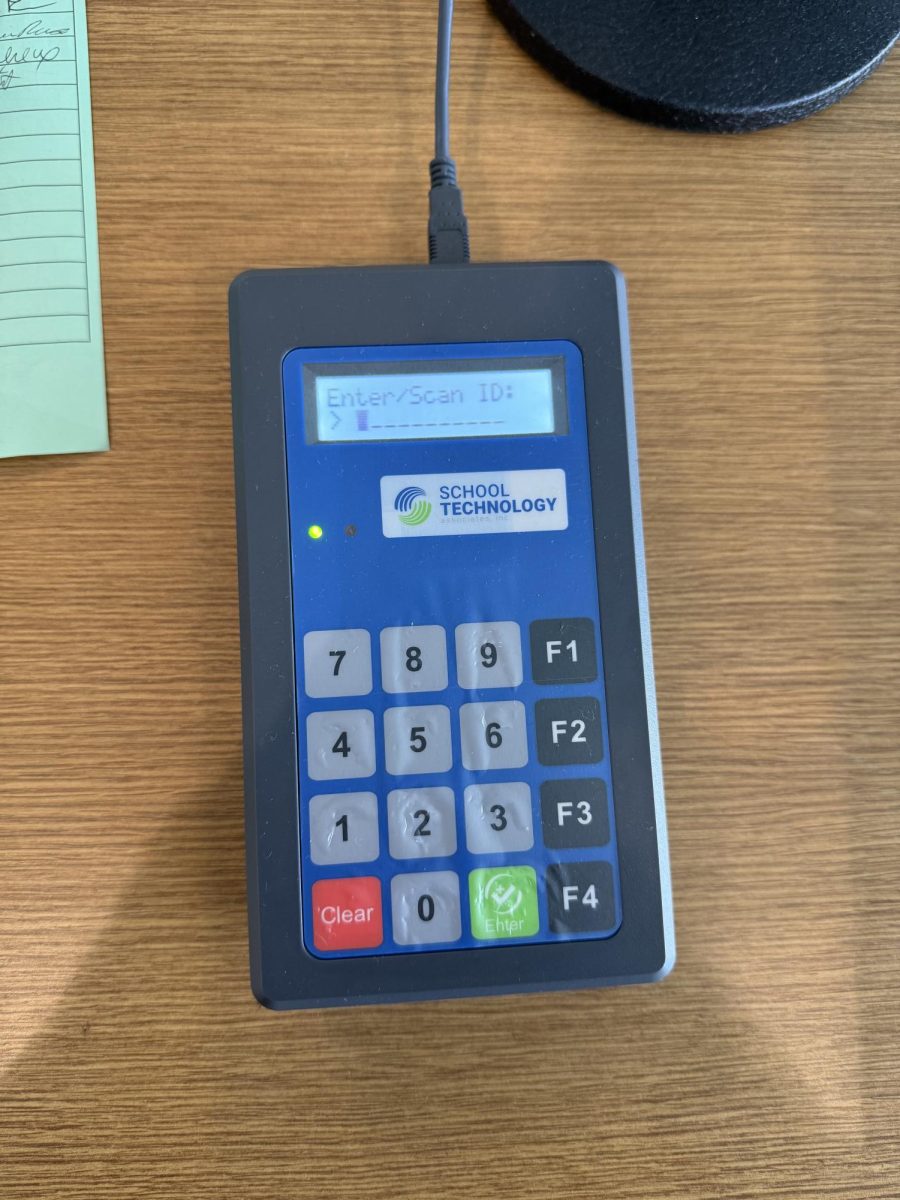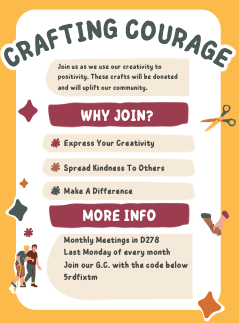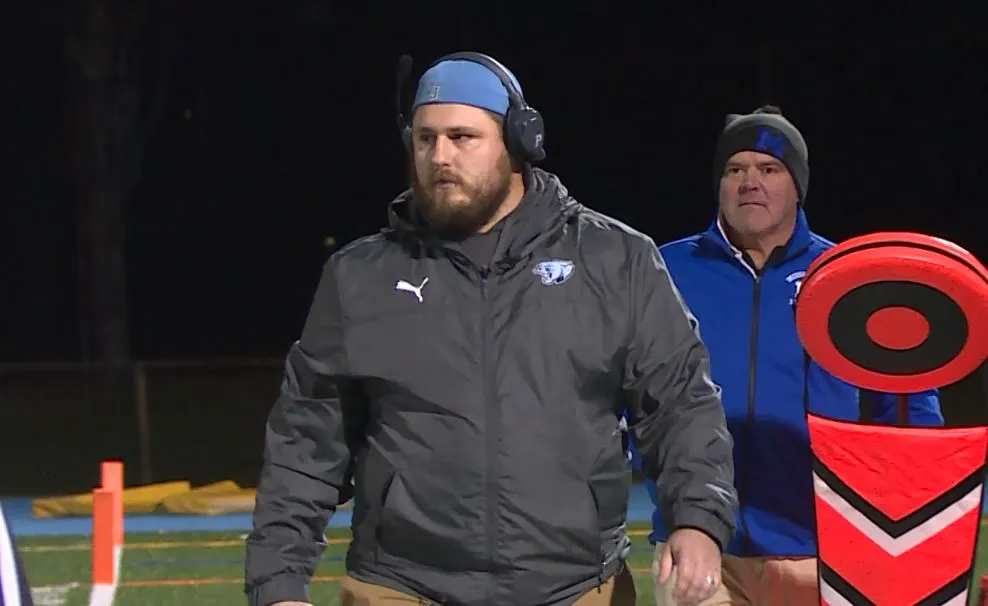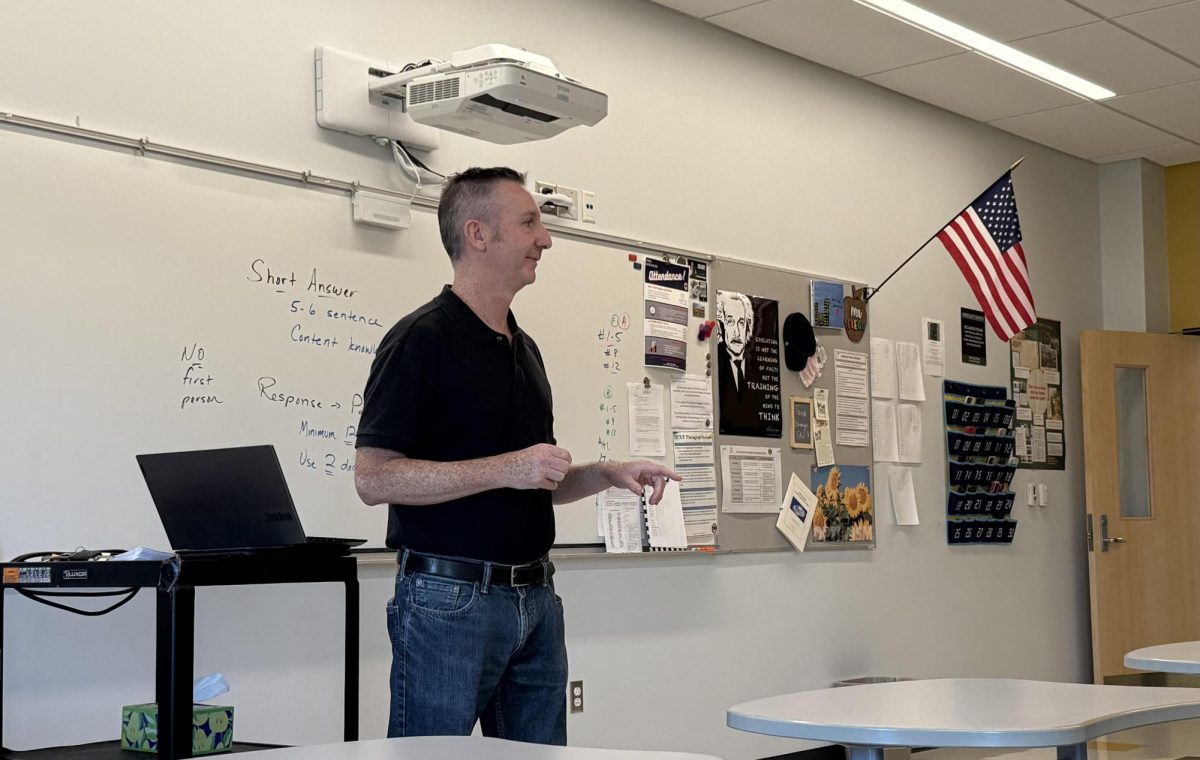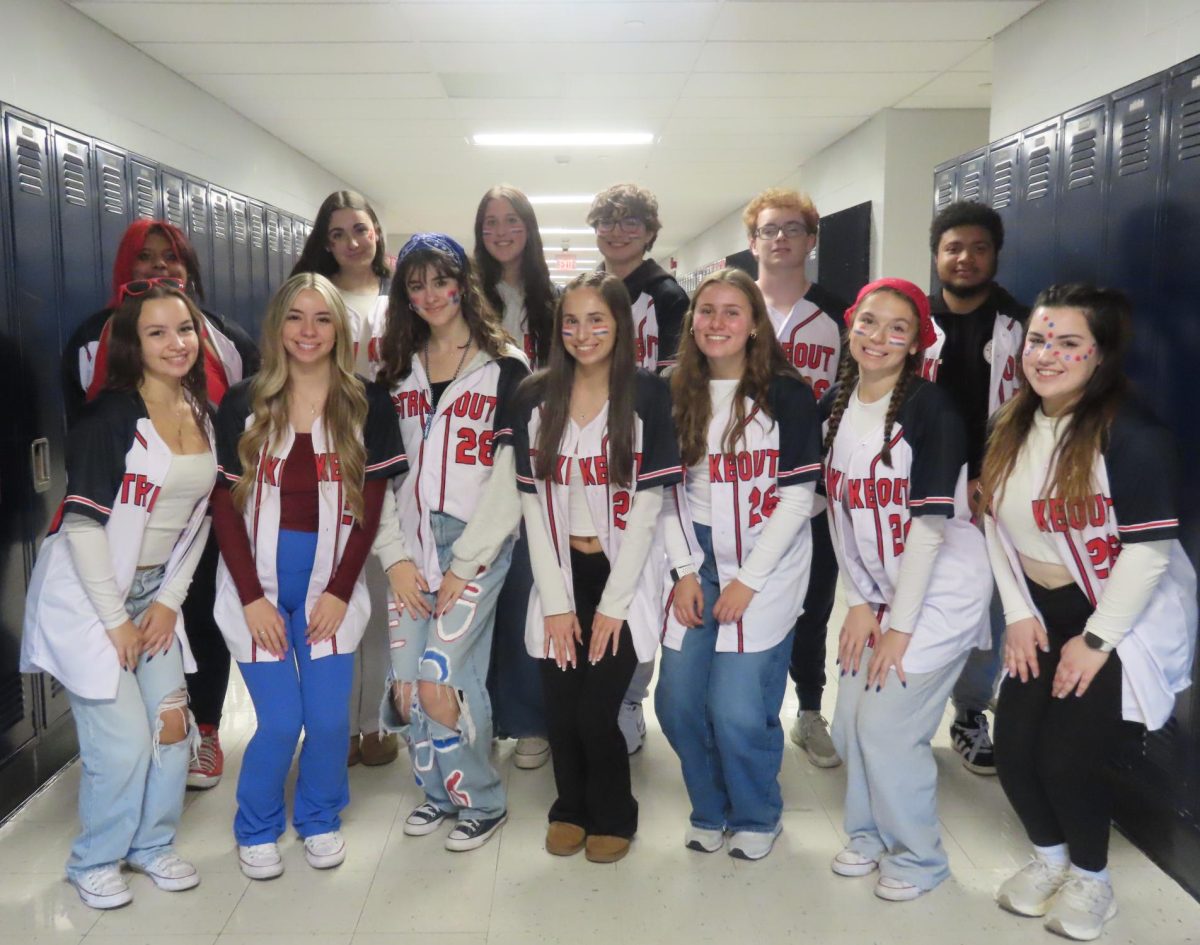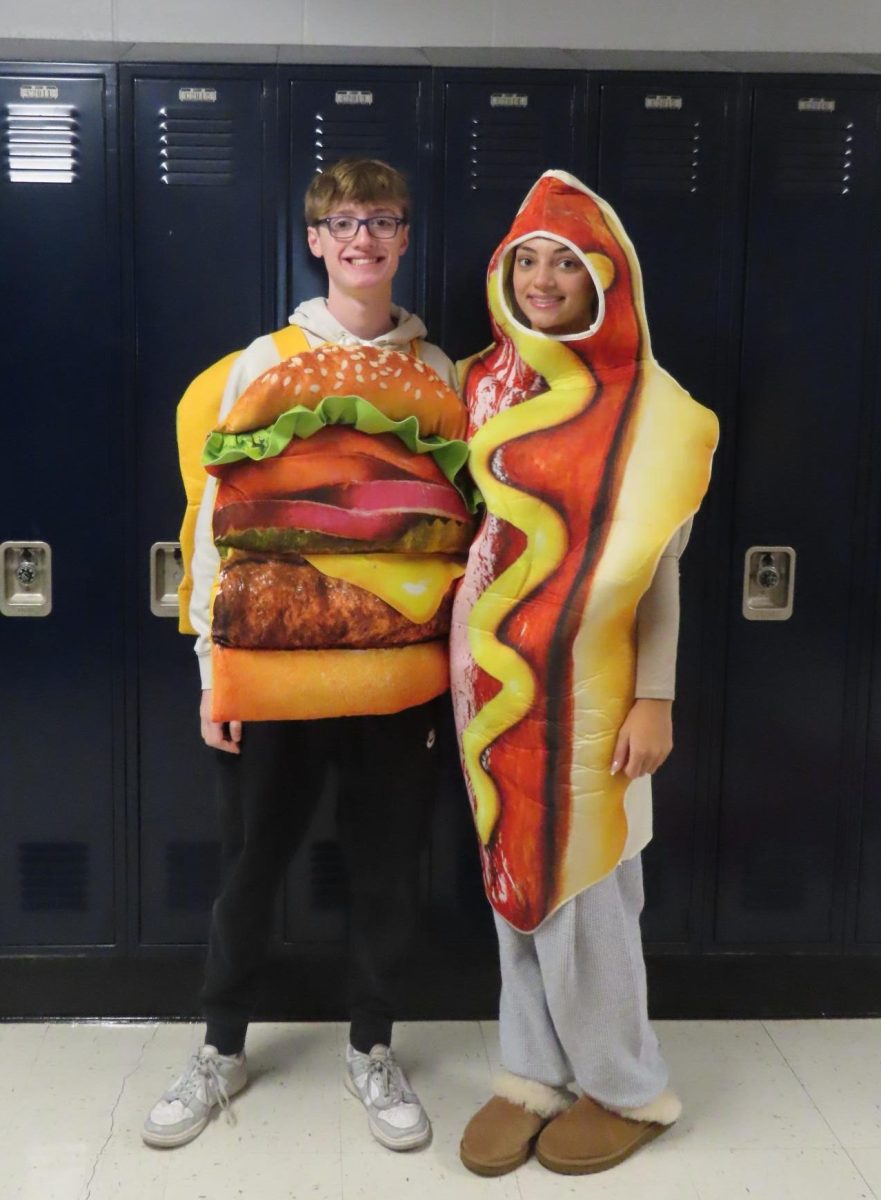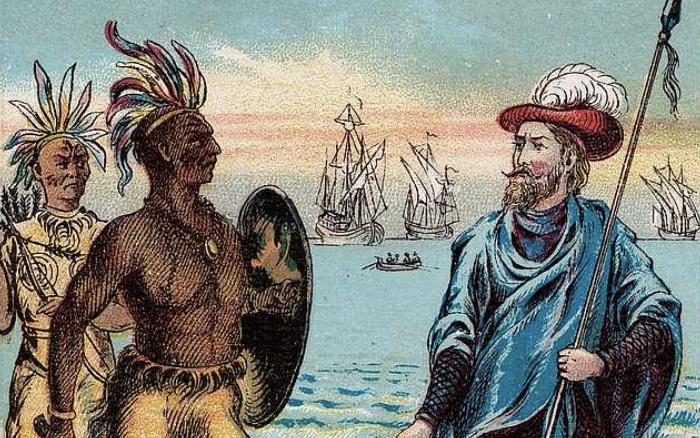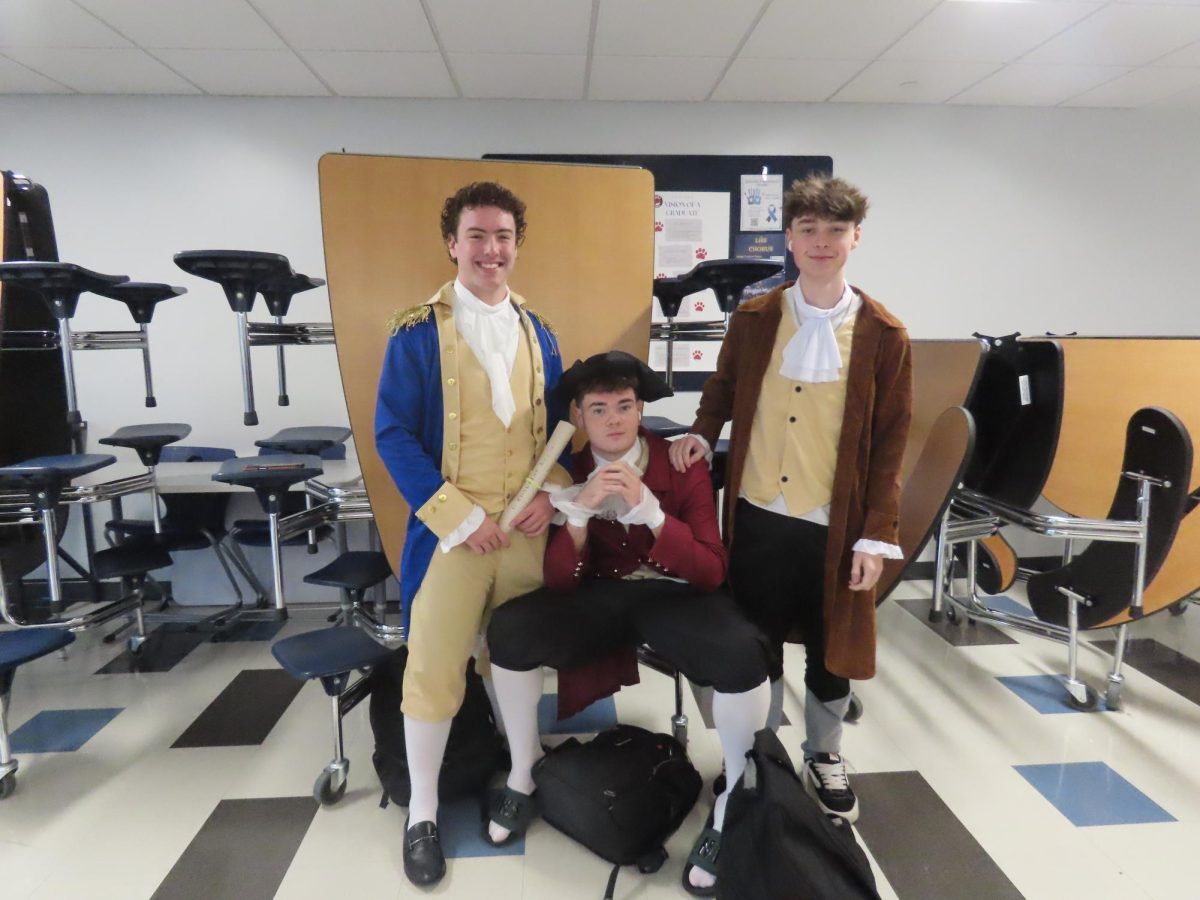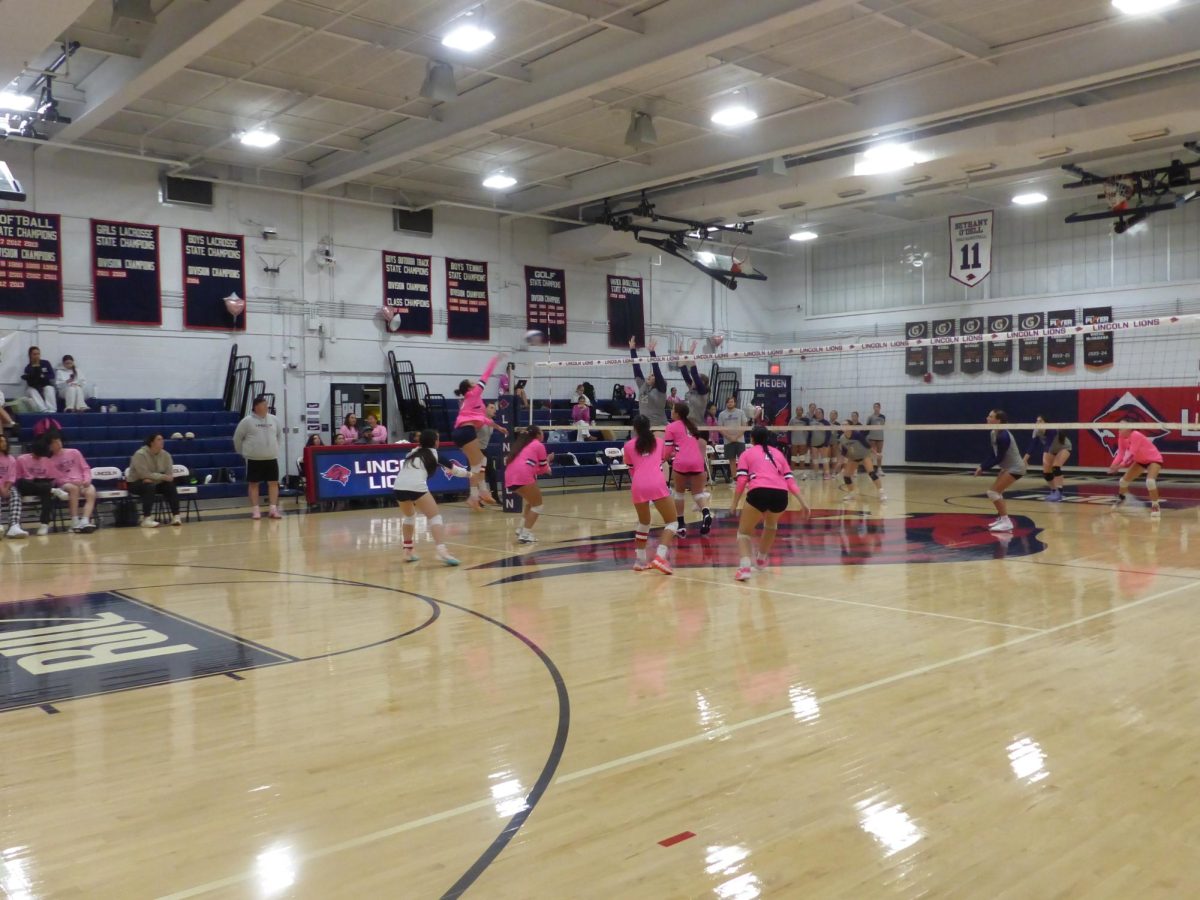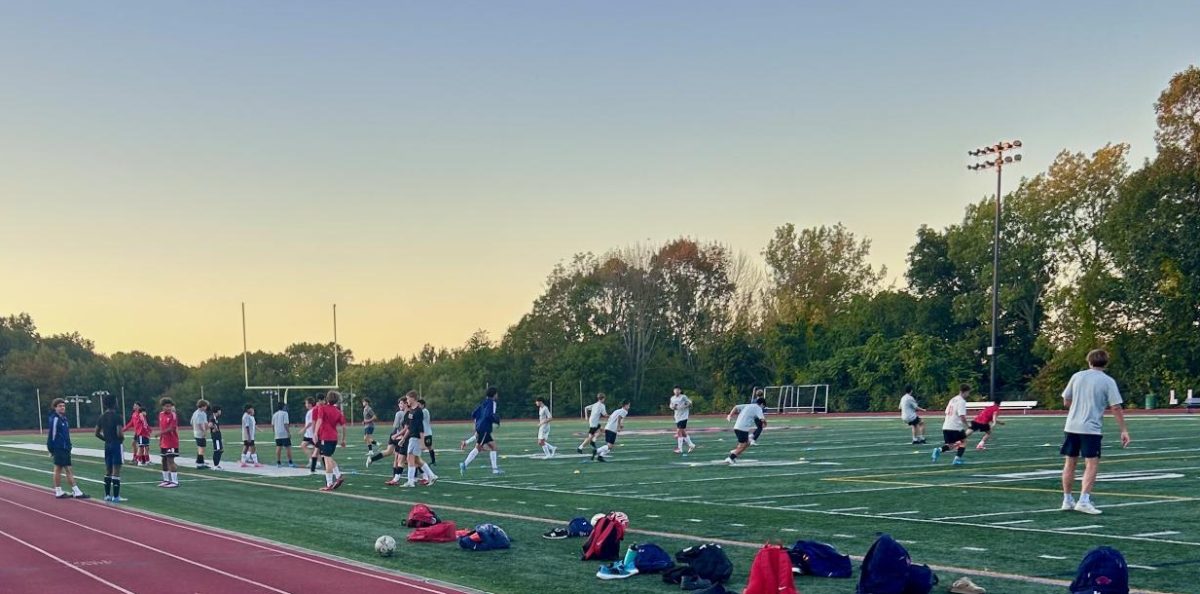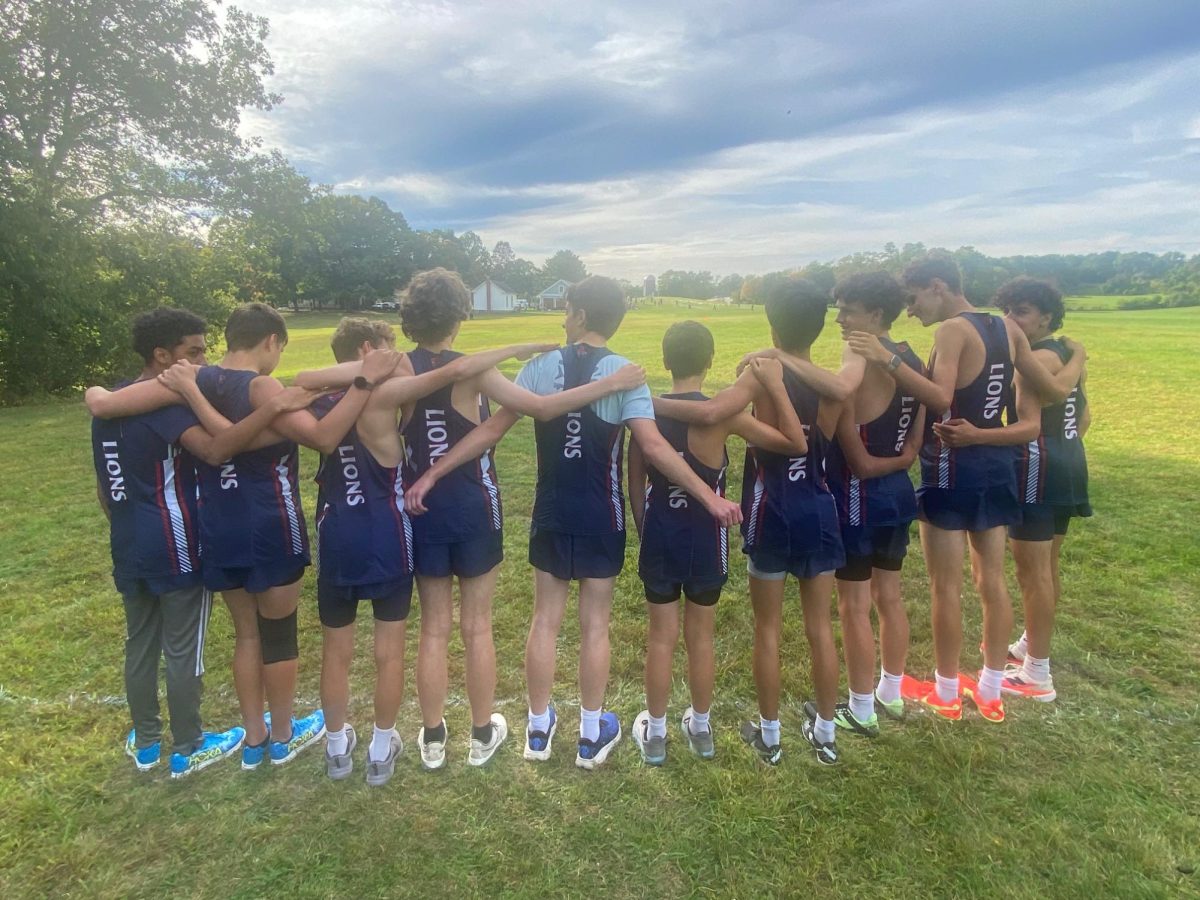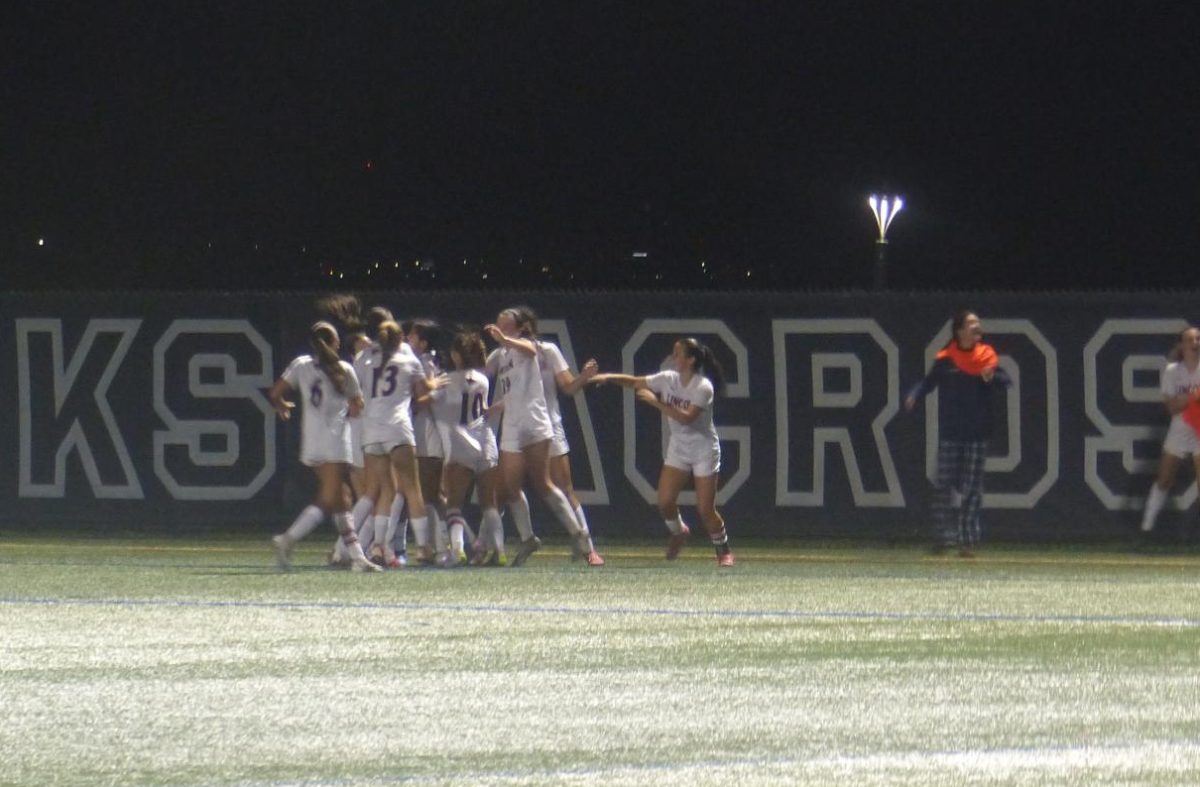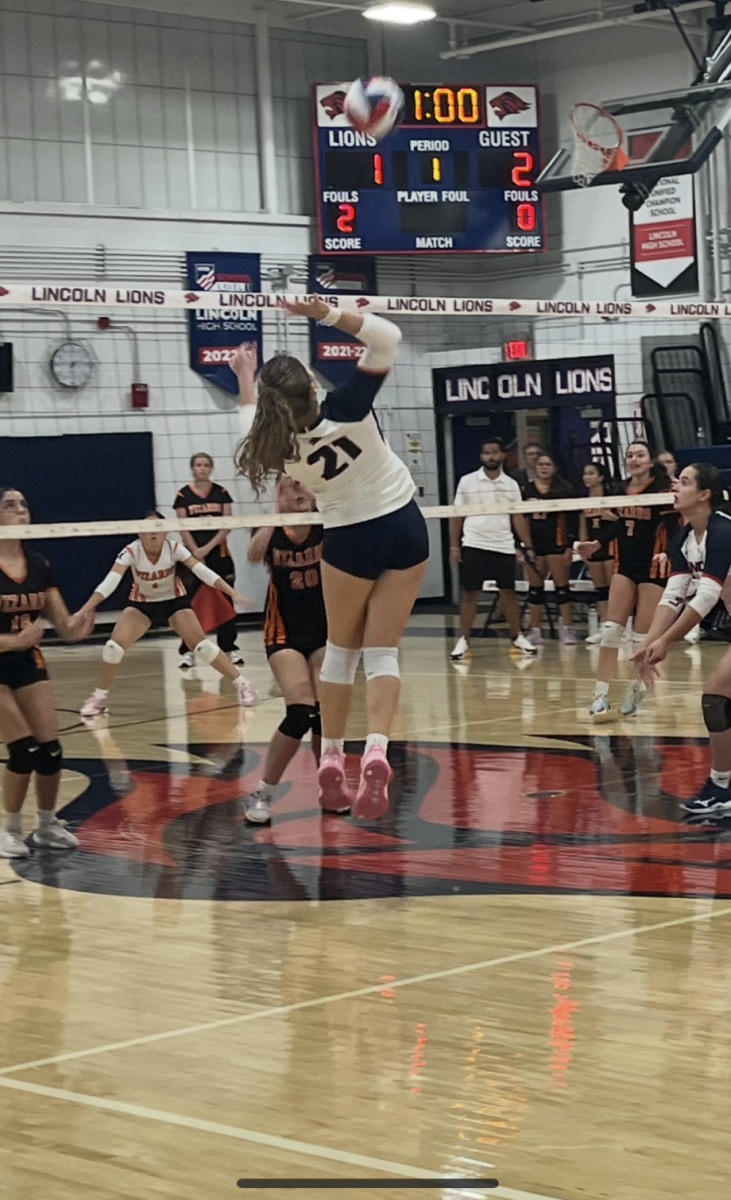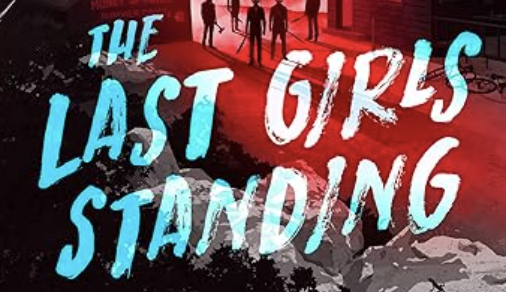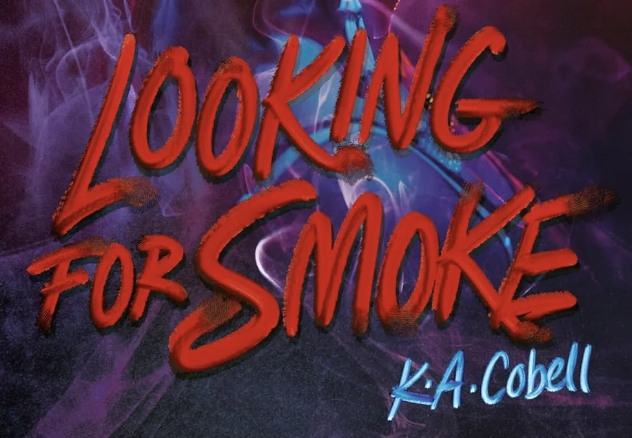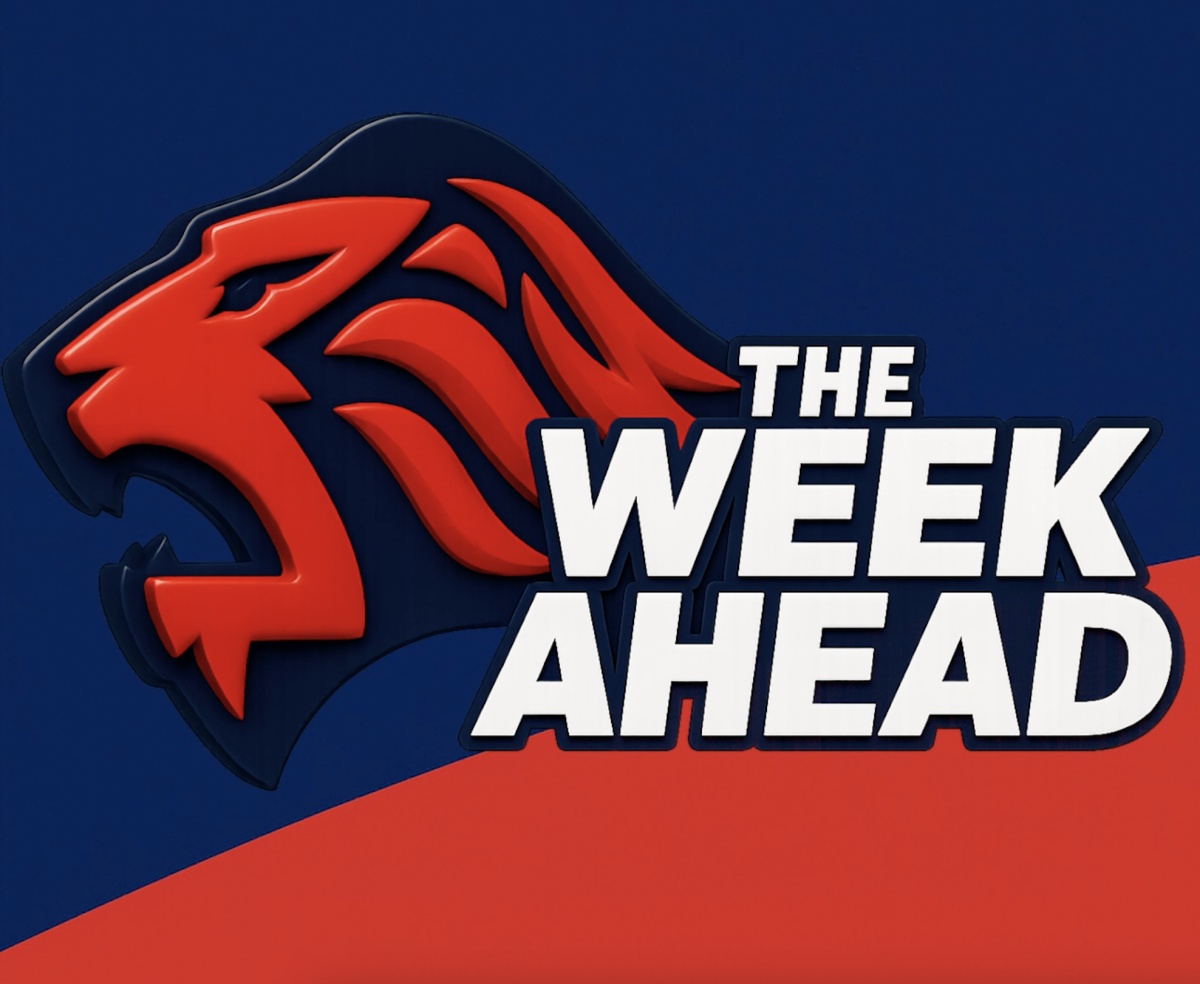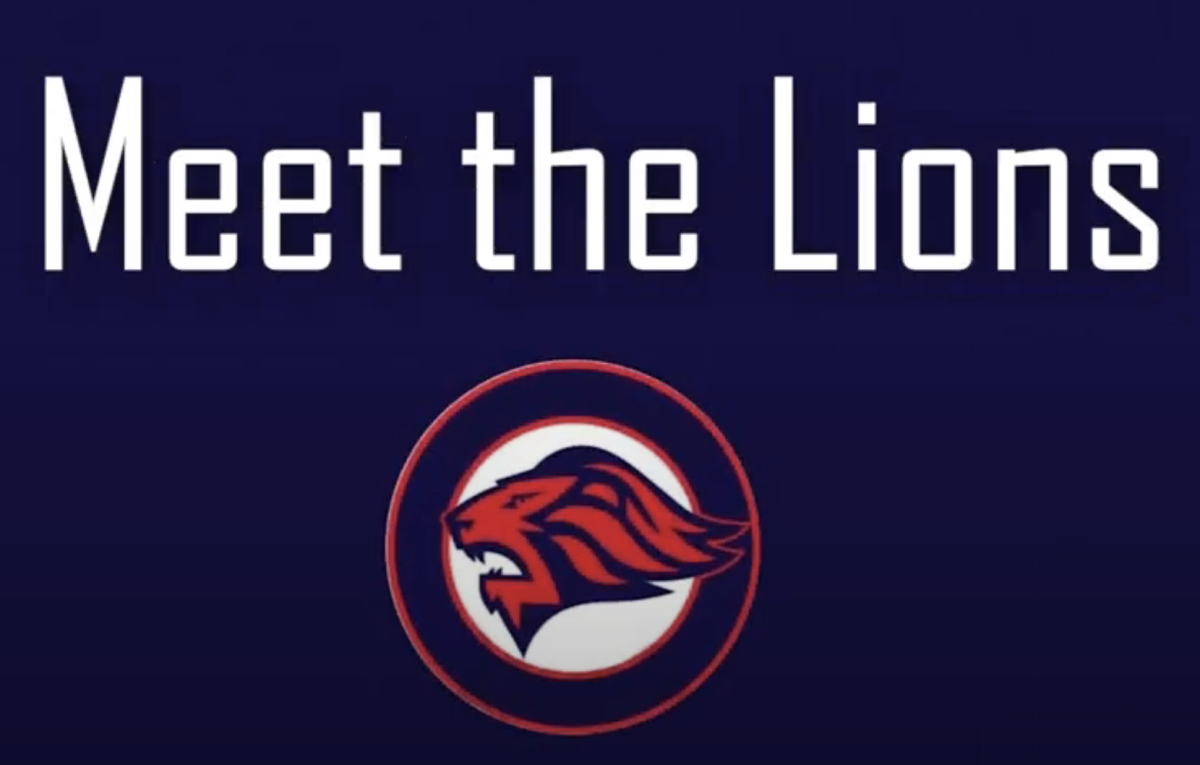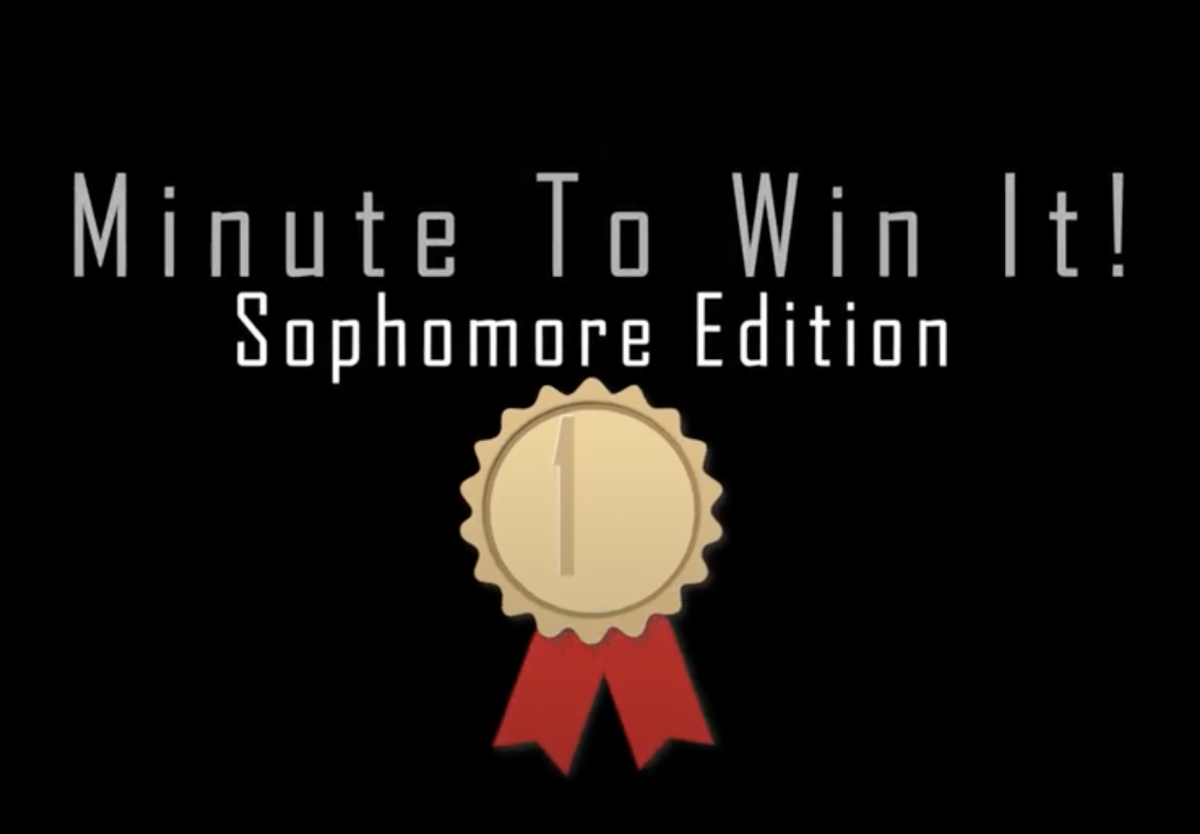Hip Hop is a competitive genre. More so than any other genre in music, actually. Rappers are in constant competition with one another for streams, money, attention, et cetera. And, they seem to get into conflicts with each other more often than artists in other genres do. There is an interesting phenomena that comes with this competitiveness, though, and that is the art of diss records. Since the early days of hip hop, rappers have been trash talking each other on songs, sometimes out of a sportsman-like competitive attitude, and sometimes because of personal issues they have with other artists in their lane.
The beef we’ll be talking about today is related to the latter cause. Kendrick Lamar, one of the most celebrated rappers and artists in modern music, recently appeared as a guest performer on the new Metro Boomin and Future collaborative album, “We Don’t Trust You”. Specifically, Kendrick was featured on the song “Like That”, and on this song, Kendrick had some choice words for his peers in the rap game.
To understand where this came from, however, we need to establish some background. In the modern hip hop landscape, there are three artists in particular whom many rap fans consider to be the best of the best when it comes to the newer generation of rappers. These artists, Drake, J. Cole, and Kendrick Lamar, are collectively known as the “Big Three” by rap fans. Drake and J. Cole have publicly played into this idea on the Drake-led single “First Person Shooter”, where Cole even gives a small shout out to Kendrick, who is notably absent from the song, while also simultaneously putting himself up on a pedestal, comparing himself to Muhammad Ali. This is a boastful thing to say, but it went unchallenged until recently.
Kendrick is a serious artist. He doesn’t do big, crowd pleasing “bangers” very often, and when he does, they usually have some other type of meaning behind them, or they are on other people’s songs. And because of the seriousness that Kendrick treats his artistic process with, and the prowess he’s demonstrated over the years, releasing a number of chart topping singles, and classic albums, Kendrick seems, frankly, offended by the notion that J. Cole and Drake are even in the same bracket as him.
With that said, this brings us to Kendrick’s verse on “Like That”. Kendrick uses his 60 seconds to immediately lay into Cole and Drake, but more specifically Drake, saying that he is better than them, that there is no “Big Three”, and that it’s just him at the top. Kendrick didn’t say anything specific about Cole on the song besides this, likely meaning that Kendrick just wanted to warn him, rather than start a full fledged conflict with him. But Cole, likely feeling the pressure of hip hop fans and his own close circle alike telling him to respond, recently released a mixtape where he addresses Kendrick rather directly.
His new project “Might Delete Later”, has a song on it titled “7 Minute Drill”, where Cole goes at Kendrick for about 3 minutes. Cole offers put down after put down, suggesting that Kendrick is past his prime, his albums are over hyped, and that he is simply dissing Cole for attention. These disses were initially relatively well received online, with the general consensus being that the response was solid but not quite harsh enough. Fans were eager to see how Kendrick would reply to this song, but unfortunately for them, Cole exited the beef early, when he went on stage at his very own Dreamville music festival, and publicly apologized for the disses.
This represents an interesting phenomenon in the rap game right now. Cole said onstage that he felt like he was conducting himself in an immature way by putting 7 Minute Drill out there, and that he felt guilty about it. This begs the question, if J Cole is so anti conflict and doesn’t like this type of attention, why did he put out 7 Minute Drill in the first place?
The answer has to do with the nature of Rap itself. As stated previously, rap, to many people, is an inherently competitive genre. Many rappers view hip hop as a sort of sport, and their contemporaries as competitors. This energy permeates the genre. Even in the verses of rappers who don’t generally get involved in open feuds with other artists, you can still find lyrical put downs and disses sprinkled throughout. It’s part of the larger identity of hip hop at this point in time.
And so, with all this in mind, put yourself in the shoes of J Cole. You’ve just been called out by one of the most critically acclaimed musicians of all time. Someone who many consider to be the pinnacle of lyricists in this generation. Everyone from your fans, to your friends, to your own family are egging you on to respond viciously. What would you do?
This is the problem that Cole likely faced. And it represents a larger issue within the hip hop community. Artists feel pressured to engage in conflicts that their hearts just aren’t in. And that is always a recipe for disaster.

